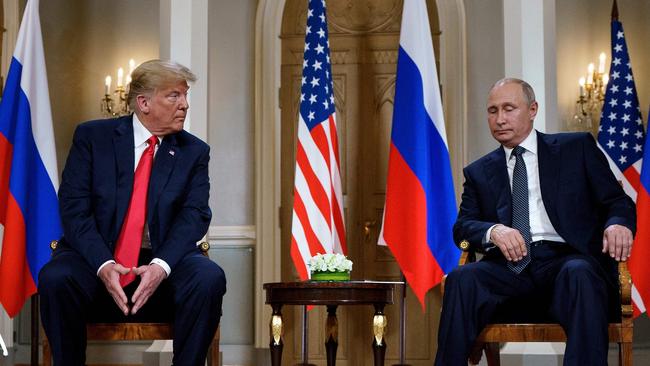
And just before the meeting started, Chinese company Jiuwu Hi-Tech stopped exporting a piece of equipment used to process the electric vehicle battery metal lithium. It underlined the base reasons for the Trump thrust into Ukraine.
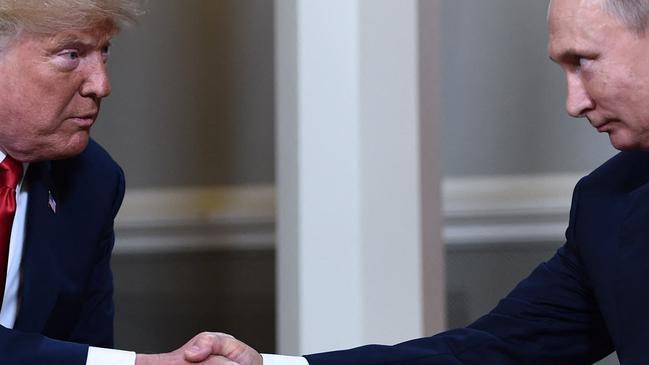
Although I make this comment in total jest, Australia might have demanded a presence in this week’s US-Russia strategy talks over Ukraine, held in Saudi Arabia. I suspect our people in Canberra didn’t even twig that the Saudi conference was deciding a big chunk of our future.
Australia and many Australian companies have significant stakes in the rare earths arena. But, China, with its warships circling Australia, dominates the industry including the technology.
Australia also an interest in what is happening in Greenland, which is also partly about rare earths.
Musk is one of the world’s best technology futurists and prior to the presidential election gymnastics Musk spent countless hours with Trump almost certainly setting out how the world was going to be transformed by rare earths — a global, changing arena much larger than markets understand.
Trump transformed the Musk vision on the future of rare earths (including products like lithium) into new Ukraine and Greenland strategies. On present technologies, large amounts of Russian gas will be required to fire the major smelters and refineries needed in Ukraine to extract key minerals.
Given the turmoil in Ukraine one would have thought American companies would prefer to invest either at home or in countries like Australia, although our bizarre nuclear bans — when the rest of the world is using nuclear to lower power costs — make Americans wonder what is really happening Down Under.
Australia’s largest miner BHP has concluded the rare earths business is too small. One of the first tasks of new BHP chairman Ross McEwan will be to review that decision and decide whether BHP or Trump/Musk are right on the size and potential of the market.
Rio Tinto, which has a large Chinese shareholding, has moved into lithium albeit via a deposit where costs will be far lower than many of its rivals.
There are other changes in the rapidly evolving minerals industry. For example, rare earth enthusiasts say the technology of linking certain rare earths with selected metals is developing and may crimp some of the copper boom.
Meanwhile, China seems determined not to allow BHP to control the copper market in the same way as it controls iron ore.
China is very active in copper development in Africa. This means BHP’s copper developments, whether they be in Australia, Chile, the US or Argentina, must be at the lower end of the cost curve.
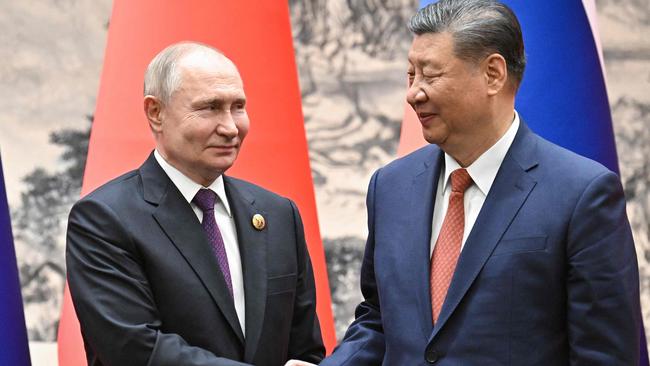
Most of Australia’s rare earth projects are based on so-called hard rock deposits in Western Australia or the Northern Territory. On present technology, most require a major investment in smelting or refining. Both the US and Australian governments have backed these refinery-based projects.
There are also substantial rare earth deposits in the Pilbara iron ore fields. Detailed research is being undertaken by companies like Haoma looking to substantially reduce the costs of extracting these rare earths. But, of course, China is the leader in this field.
Most of China’s rare earth deposits are in soft clay, which greatly lowers costs. Australian Rare Earths has a substantial rare earths deposit on the South Australian/Victorian border which is more akin to the Chinese deposit and those in Brazil.
Another Australian company, Vulcan, has a major European project to extract lithium chloride from brine with the aid of specially designed filters and geothermal power. Lithium is one of the products Trump looks to develop in Ukraine.
In Australia, Gina Rinehart didn’t have the advanced futuristic knowledge of Musk but realised rare earths were essential for magnets used in wind turbines and electric vehicles. There are also a wide variety of military applications, plus television screens and LED lights. The artificial intelligence revolution will explode demand. Hancock purchased substantial minority stakes in a series of companies including Lynas, MP minerals, Vulcan Energy Resources and Brazilian Rare Earths which has a rich rare earth clay based deposit in Brazil.
Rinehart also bought 10 per cent of Arafura, where the Australian government will provide up to $840m to help deliver Australia’s first combined rare earths mine and refinery in the Northern Territory.
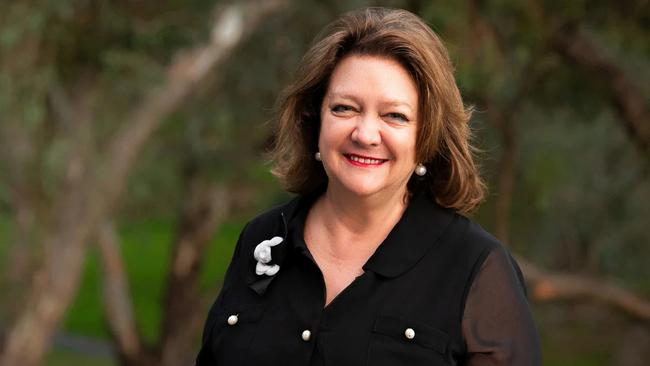
Of course the global rare earths industry has been struggling because China is flooding the market and depressing prices, which makes new investments hard to justify without substantial government subsidy. China has done the same thing in nickel.
But, the Trump strategies in Ukraine and Greenland indicate the US will press very hard to eliminate Chinese dominance, irrespective of current economics.


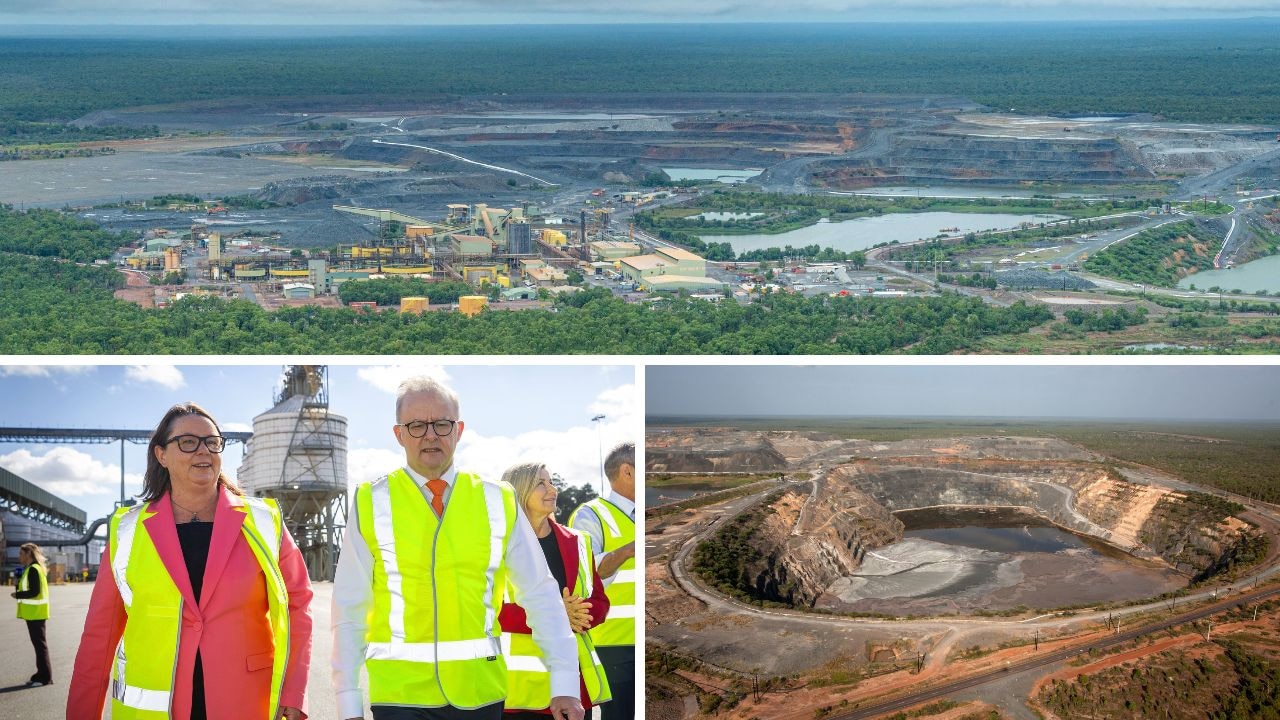
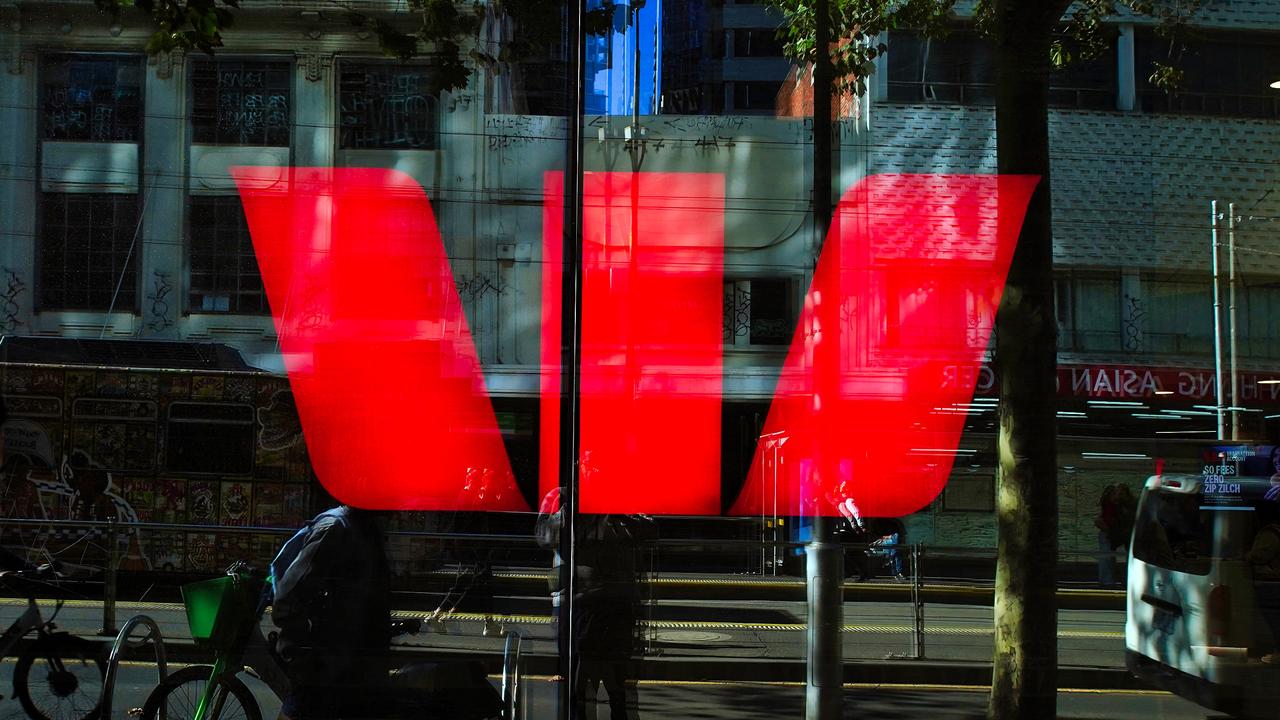
Australians need to understand that the US sudden strategy shift in Ukraine ushered by President Donald Trump centres around rare earths and linked minerals like lithium. Traditionally, wars have been about sourcing oil. It now looks as though rare earths will replace the black gold. Trump’s closest adviser, Elon Musk, has convinced Trump the market for rare earths and associated minerals is going to be much greater than is currently being forecast.